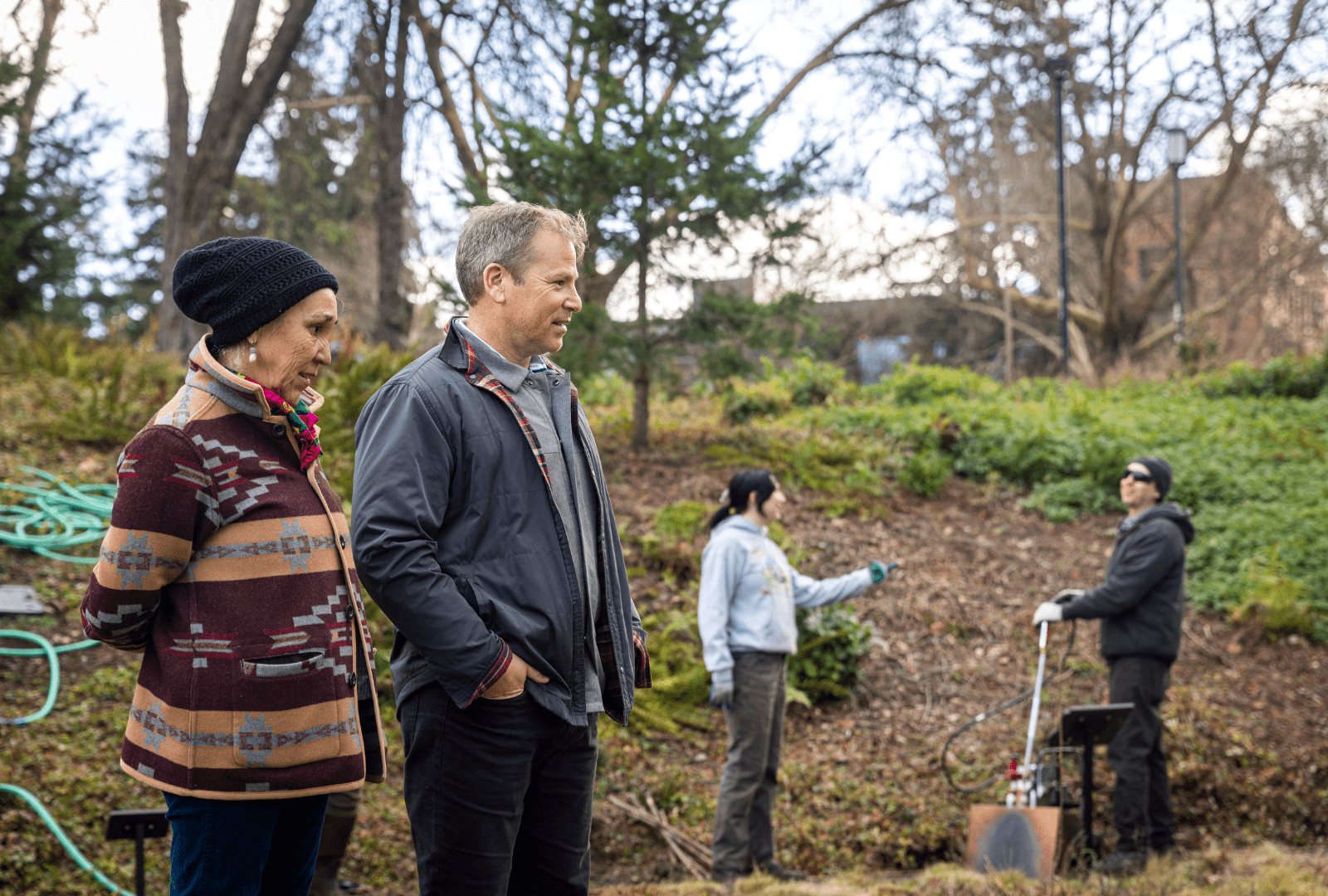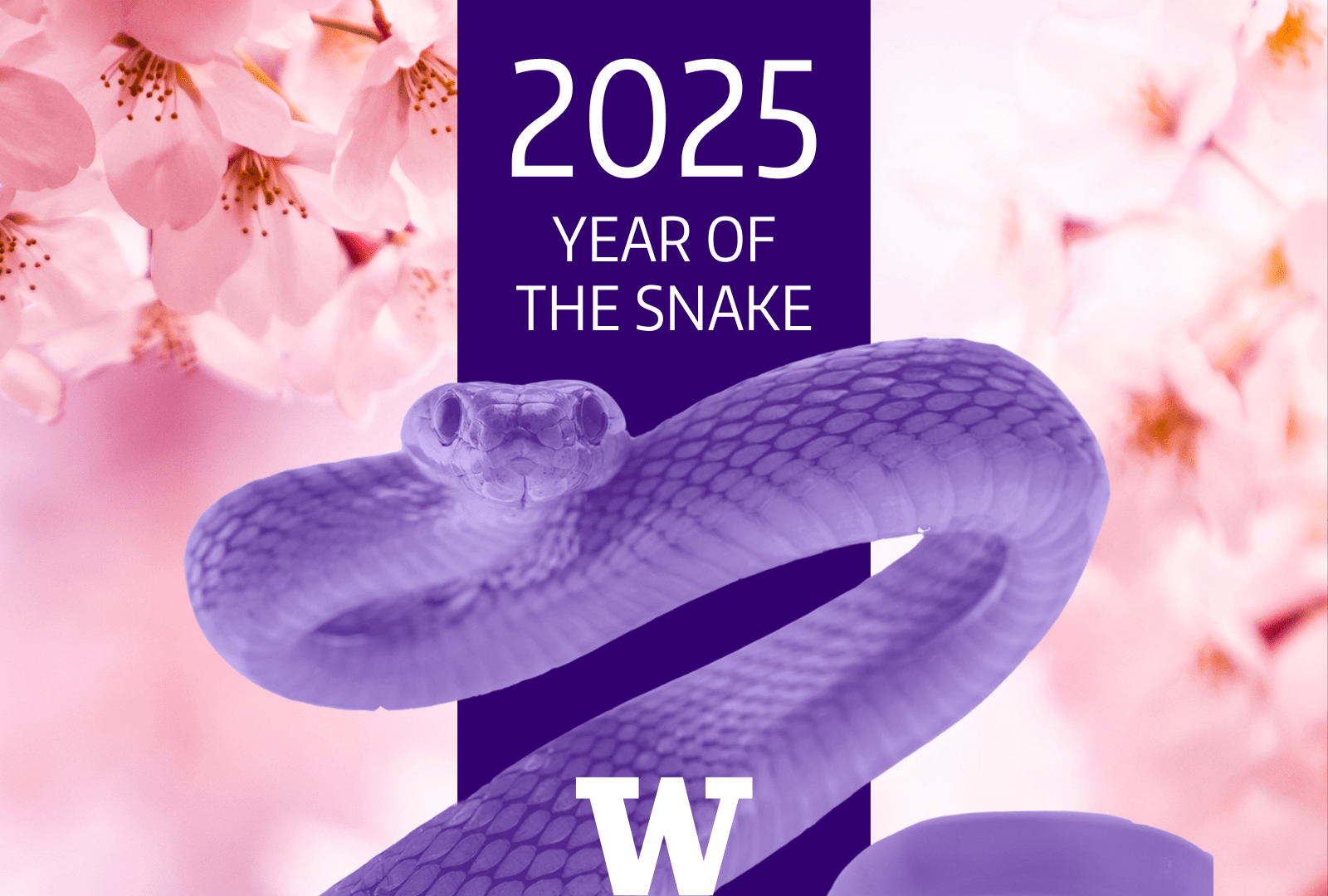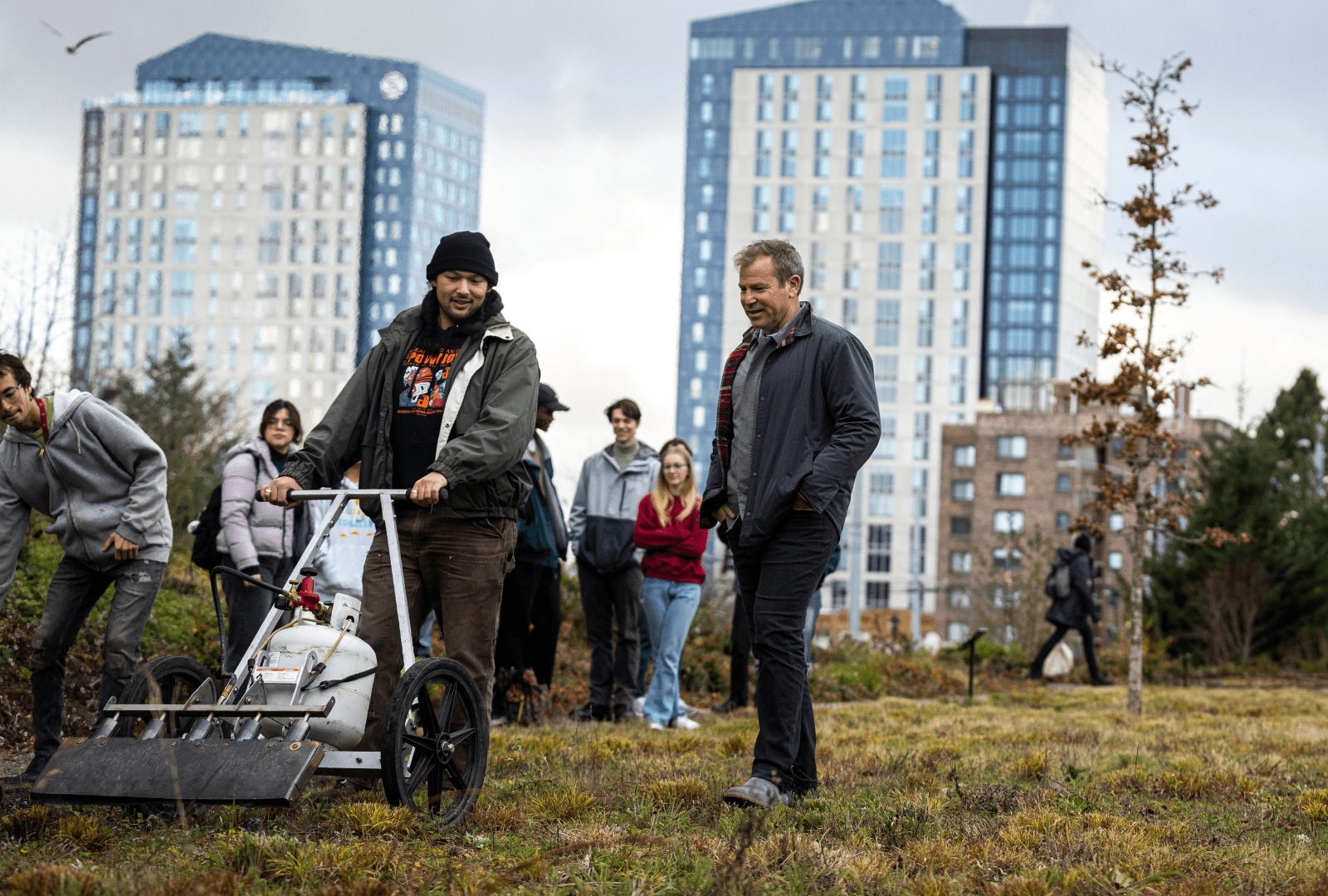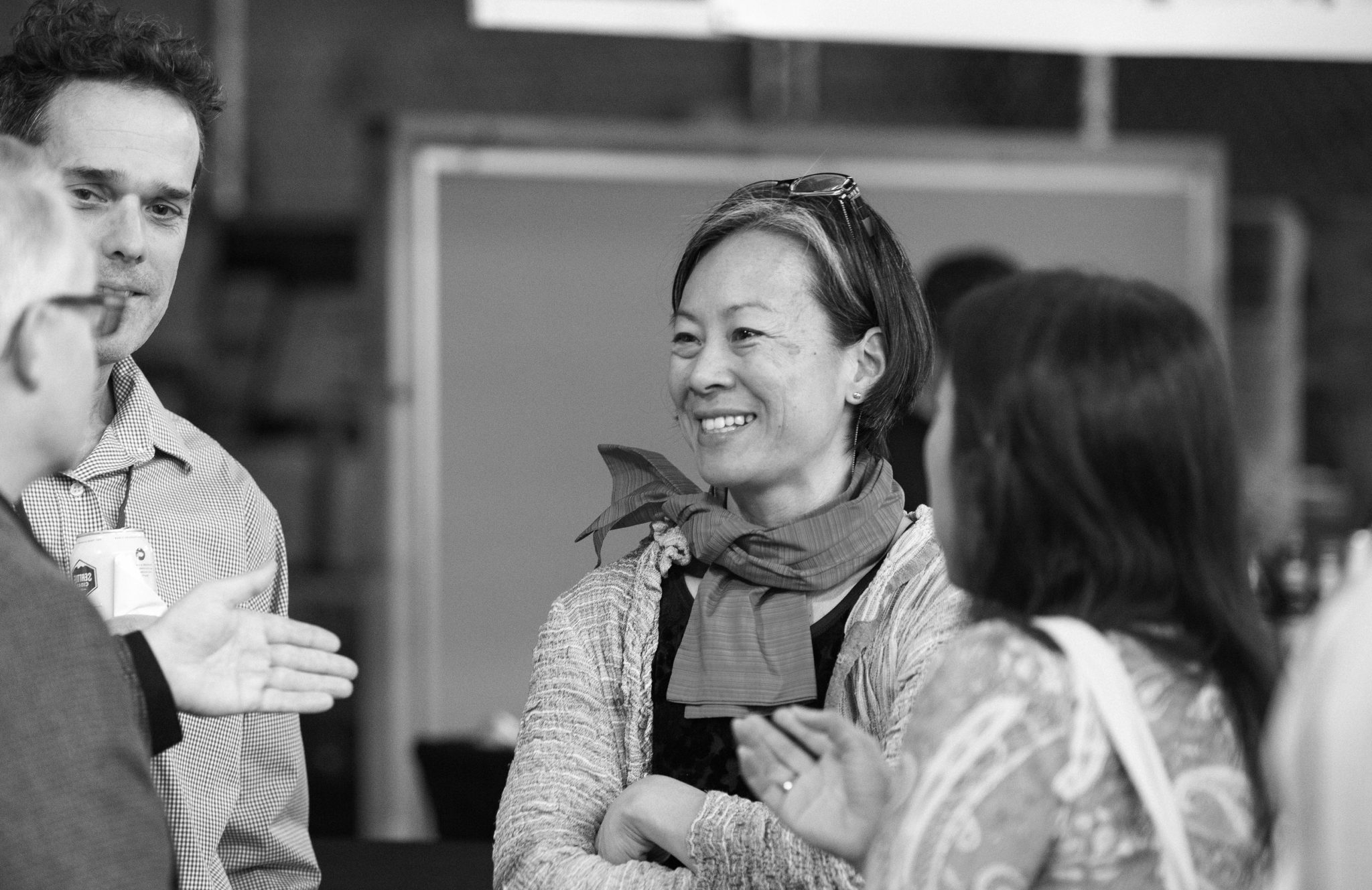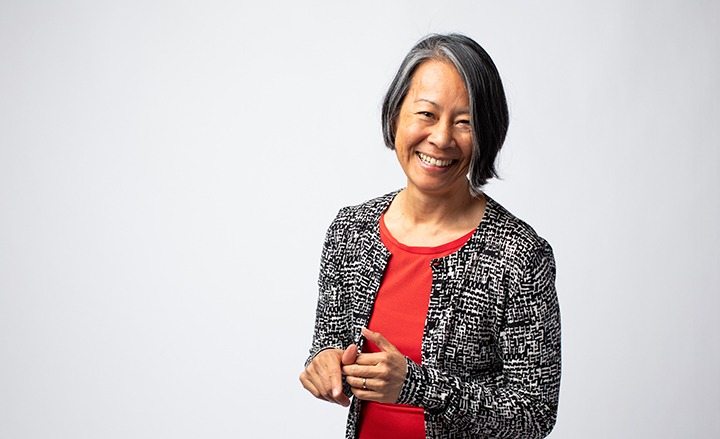- All (231)
- Alumni & Industry (29)
- Architecture (69)
- Climate (31)
- Community (62)
- Construction Management (28)
- Dean (18)
- Equity, Diversity & Inclusion (27)
- Faculty (67)
- Honors & Awards (31)
- In the Media (79)
- Landscape Architecture (38)
- News (41)
- Real Estate (34)
- Research (50)
- Students (44)
- Urban Design & Planning (41)
